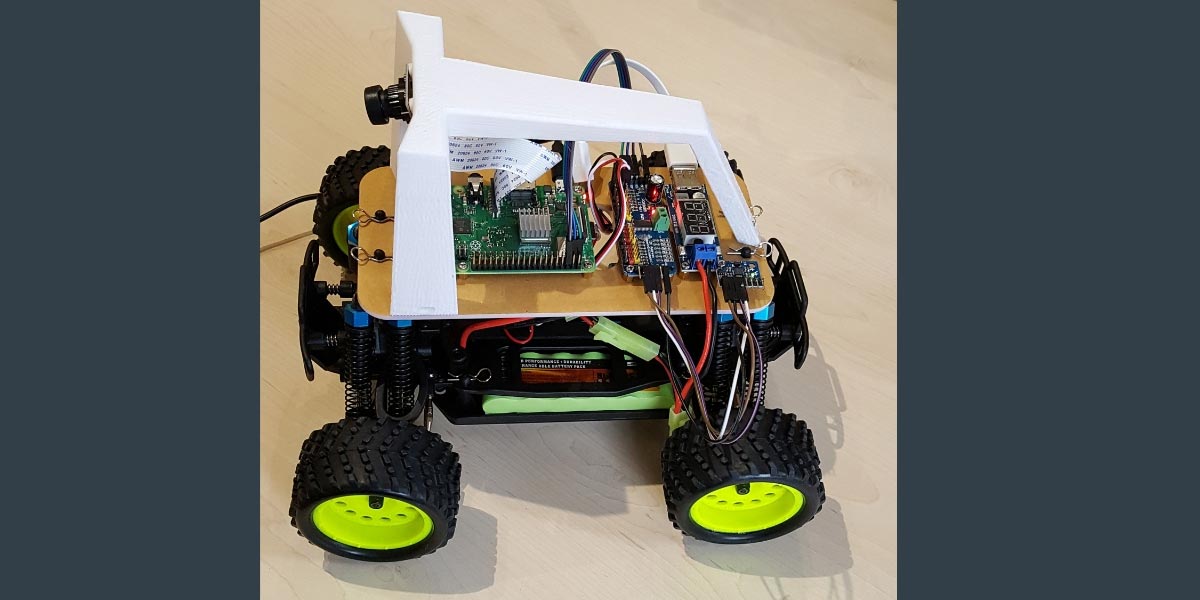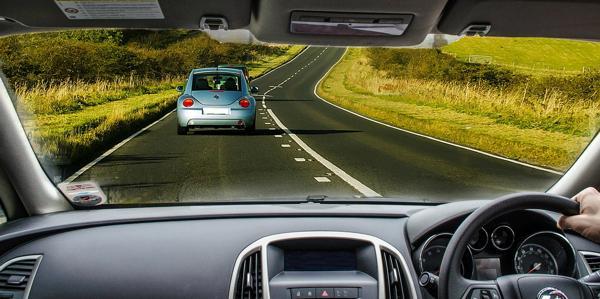
Towards Identifying and closing Gaps in Assurance of autonomous Road vehicleS (TIGARS)
How can we improve the assurance of autonomous vehicles by adapting current engineering processes and technical analysis of first-generation autonomous systems?
This project addressed the assurance of first-generation autonomous systems and then undertook research on how the existing approaches for assurance need to change to address current and future autonomous systems.
Contact us
Assuring Autonomy International Programme
assuring-autonomy@york.ac.uk
+44 (0)1904 325345
Institute for Safe Autonomy, University of York, Deramore Lane, York YO10 5GH

Project report
A full project report with the team's TIGARS topic notes to support the development and evaluation of autonomous vehicles.
The challenge
The overall aim of the project was to improve the assurance of autonomous systems. This was done by addressing the assurance of first-generation autonomous systems currently being deployed and then undertaking research on how the existing approaches for assurance need to change to address current and future autonomous systems.
The project provided a cross-sector and international perspective. It was a partnership between Adelard LLP and suppliers and leaders in the Japanese automotive industry who have deployed numerous autonomous systems, and will continue to plan, develop, and deploy further ones. There were links to academic institutions through the involvement of City University in London, the University of Nagoya, and Kanagawa University.
The research
The TIGARS project started with a joint a UK-Japan workshop where the team:
- identified assurance gaps in an experimental vehicle
- set up experimental facilities
- developed experimental and theoretic approaches to static analysis and dynamic assurance
The team undertook experimental research with a donkey car platform, and research to address some of the assurance challenges with autonomous road vehicles that they identified. They did experimental trials with a TIGARS experimental vehicle, advanced their static and dynamic analysis of learning systems research and continued activity in both the national and international standardisation area.
The results
The project concluded that an assurance approach based on argument-based mechanisms, specifically the Claims, Arguments, and Evidence (CAE) framework, will enable us to explore new mechanisms that could lead to advancements in safety assurance.
This assurance approach is informed by an understanding of engineering processes and technical analysis for developing and assuring autonomous vehicles addressing: resilience, formal verification, static analysis, security, and other aspects.
- Bloomfield, R., Khlaaf, H., Ryan Conmy, P., and Fletcher, G. "Disruptive innovations and disruptive assurance: assuring machine learning and autonomy" in Computer, vol. 52, no. 09, pp. 82-89, 2019. doi: 10.1109/MC.2019.2914775
- Kinoshita, S., Kinoshita, Y., and Takeyama, M. "A modelling approach for system life cycles assurance" presented at ASSURE workshop as part of SAFECOMP 2019
- Kinoshita,Y., Takeyama, M., Nakagawa, M., Morita, T., and Yamaura, I. - Standardization of open systems dependability – Interaction between CREST research and IEC Standardization (in Japanese), Digital Practice, vol 10, No.1, Information Processing Society Japan, January 2019
- Kinoshita, Y., Tokoro, M. - Outline and significance of IEC 62853 Open systems dependability (in Japanese), Standardization and Quality Control, Vol. 72, No. 5, pp. 42 – 44
Contact us
Assuring Autonomy International Programme
assuring-autonomy@york.ac.uk
+44 (0)1904 325345
Institute for Safe Autonomy, University of York, Deramore Lane, York YO10 5GH